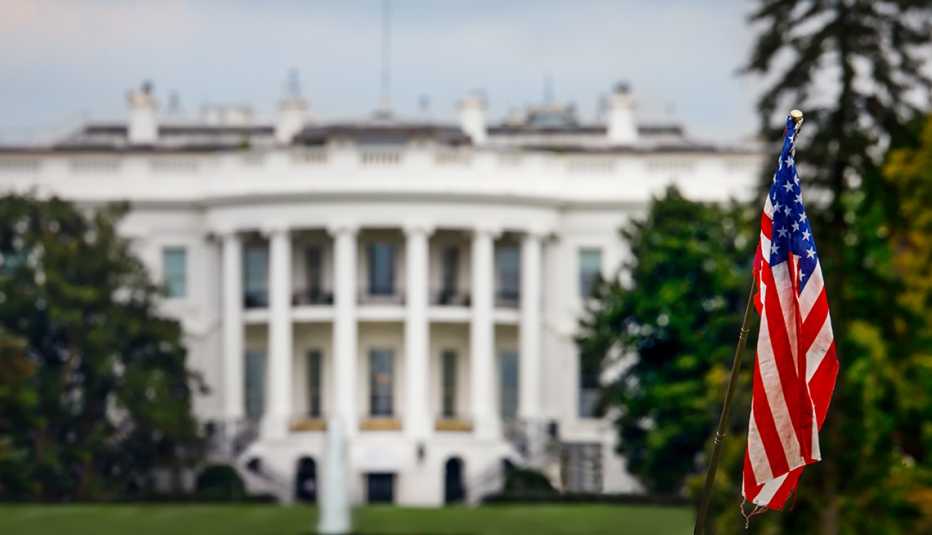Staying Fit


President Trump signed four executive actions Aug. 8 on topics ranging from Social Security taxes to student loans. But any assistance those orders might offer is bound to be delayed while courts determine whether the orders are constitutional.
The president issued the orders after negotiations between White House representatives and Congress failed to produce a deal on new legislation to address the widespread impact the COVID-19 pandemic has had on families across the nation. Earlier this year, federal lawmakers passed several relief laws including the CARES Act, which provided key benefits including one-time stimulus checks of up to $1,200 per person, enhanced unemployment benefits that added $600 per week and a federal moratorium on evictions. But the unemployment benefits increase and eviction moratorium ended in late July, leaving millions of Americans struggling to stay afloat financially during an international public health crisis.


AARP Membership— $12 for your first year when you sign up for Automatic Renewal
Get instant access to members-only products and hundreds of discounts, a free second membership, and a subscription to AARP the Magazine.
Some if not all of the president's executive actions are bound to be challenged in the courts and also will face hurdles in implementation even if they are ruled constitutional. As issued, the orders involve four areas.
Payroll tax deferral
Each paycheck, the federal government collects dedicated payroll taxes from workers and employers to fund Social Security and Medicare benefits. The president's executive memo asks the Treasury Department to defer the 6.2 percent collected from employees for Social Security for four months, from Sept. 1 through Dec. 31, 2020, without interest. The deferment would apply to workers who make roughly $104,000 per year or less. The deferment would offer no relief to those who are no longer working and receiving a paycheck.
Under the executive memo, workers would still eventually be required to pay these 2020 taxes, but they could opt to do so in one lump sum at the end of the year rather than in each paycheck. It's unclear whether employers will update their payroll systems to provide this option or whether workers would choose to use it if they could.

































































More on politics-society
Is a Second Round of Stimulus Checks on the Way?
Lawmakers are negotiating new relief legislationList of Coronavirus-Related Restrictions in Every State
Most states have dropped COVID-related restrictions